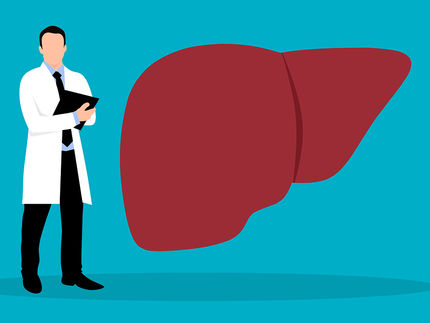Novel insights in MET-proto-oncogene might lead to optimizing cancer treatment
MET inhibitors could have a double-edged effect on tumors
Advertisement
The MET-proto-oncogene is involved in the pathogenesis of several tumors and therefore represents an interesting target for future therapies currently tested in dozens of clinical trials. Veronica Finisguerra, Andrea Casazza, Max Mazzone and colleagues from VIB, KU Leuven and UZ Leuven now reveal that MET is needed for the recruitment of anti-tumoral neutrophils and puts a mechanism into action that promotes the killing of cancer cells. This means that the efficacy of a cancer therapy targeting MET in cancer cells will partly be countered by the pro-tumoral effect arising from MET blockade in neutrophils. These insights can lead to an optimization of the currently tested therapies based on MET-inhibitors and were published in Nature.
Max Mazzone (VIB/KU Leuven): "These findings are very important, because it affects a drug that is currently in clinical trials in which more than 15 companies are involved. Our results may be used to improve the efficacy of more than 20 drugs in preclinical trials and in phase I to phase III clinical trials based on patient stratification. Our work identifies an unprecedented role of MET in neutrophils and suggests a potential “Achilles’ heel” of MET-targeted therapies in cancer."
MET in tumor immunity
Little was known about MET expression and function in tumor immunity. But this function is important because immune cells can restrain the growth and spread of malignant cells but can also foster tumor development and metastasis. The researchers have demonstrated that MET is induced by TNF-α during pathophysiological inflammation such as skin rash, peritonitis and cancer. MET is then required for HGF-dependent neutrophil migration through the vessel wall of inflamed tissues where neutrophils exert anti-microbial and anti-tumoral functions.
From an immunological point of view, this highlights a clever and fine control of non-specific immune reactions, which is necessary in order to prevent damage to healthy organs and, conversely to confine this cytotoxic response to the site of inflammation.
A double-edged effect
From a therapeutic point of view, it indicates that MET inhibitors could have a double-edged effect on tumors: on the one hand, acting on cancer cells that rely on MET hyperactivation for growth and survival, MET inhibitors would encourage cell-cycle arrest or cell death; on the other hand, acting on neutrophils, they would crucially blunt pro-inflammatory, anti-tumorigenic reactions.
Max Mazzone (VIB/KU Leuven): "This work indicates that patients should be enrolled in clinical trials with anti-MET drugs based on MET expression and dependency of the cancer cell itself, excluding those patients that have high MET expression in the immune infiltrate."



















































